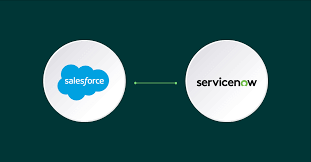Internet marketing is a multimillion dollar business and as such, the responsibility of safeguarding the content on your website or blog falls squarely on you, as its owner. If you make a living by selling on line content, there is nothing as disparaging as finding someone else copying and claiming your work as their own. Therefore, it behooves you to protect your content from unauthorized success. So what measures can you take to safeguard your website or blog content? Here are some steps you should take to protect yourself from plagiarism.
Copyright your Content:
The first step you should take is to copyright your content. In this way you have certain rights over your material, and no one can seek to use them without your consent. To do this you could use the services of a professional or certain nonprofit organization that deal with copyright laws, such as creative commons.
Disable Right Clicking:
A common method these “online bandits” use to plagiarize content is by copying it direct from your web page(s), and pasting it onto their own. You can prevent this by disabling “right click copy paste” through Java Script for a standard website, and wp-copyprotect plugin for word press blogs. If you use the Joomla platform then you should use the joomsimple content protection plugin.
Search for your Content:
Another good way to protect your content is to regularly perform a search on the internet, for your material. You can do this by using the services of various online services such as copyscape, copygater and Google blog search. A more effective and less strenuous method is to use Google alerts, which will send you email alerts whenever certain keyword phrases used in your content maybe duplicated in other website/blog.
Contact the Plagiarizer:
If you do manage to get a situation whereby somebody has plagiarized your content, then the first you should do is to contact this individual/institution and request that they remove your content from their website/blog. The only problem with this is that, in some cases, you may not be able to find any contact details or even worse, they may refuse to comply with your request. So what recourse are you left with under such a circumstance? Thankfully Google is committed to combat plagiarism in the online community. In this kind of a scenario, you should contact Google, after which they should ban the website from their index and adsense program (if they are enrolled).
Protecting your website/blog content can be a difficult thing to do, but if you take the necessary steps, you should be able to reasonably deter any would be plagiarizers from accessing your content without your consent.




